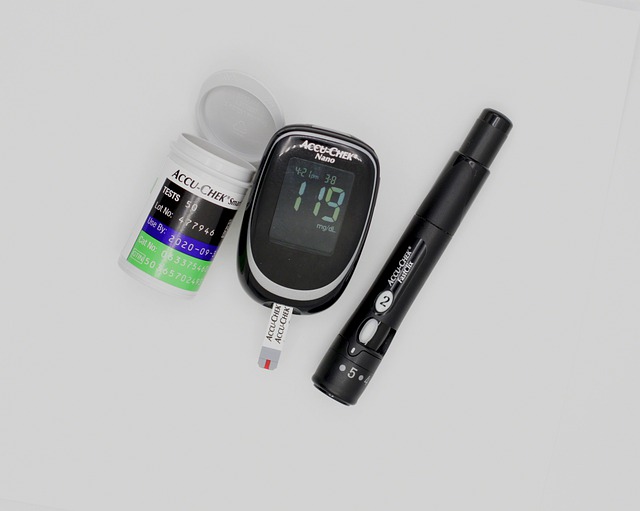Podcast: Play in new window | Download (Duration: 12:00 — 17.0MB) | Embed
On this episode of the RLP podcast, I discuss tamsulosin pharmacology.
Tamsulosin inhibits alpha receptors which helps improve urine flow in patients with BPH.
As an off-label use, you may see tamsulosin used to try to aid in the passage of renal stones.
Tamsulosin concentrations may be increased by CYP3A4 inhibitors and reduced by CYP3A4 inducers.
I discuss important drug interactions on the podcast, be sure to check out my latest project which is a 200+ page book on managing drug interactions in primary care.
Be sure to check out our free Top 200 study guide – a 31 page PDF that is yours for FREE!










